Smartglasses as smartphones – why your social and privacy concerns may not matter
All new technologies face barriers to adoption. Smartglasses which must overcome cost, social, practicality and privacy issues are no exception.
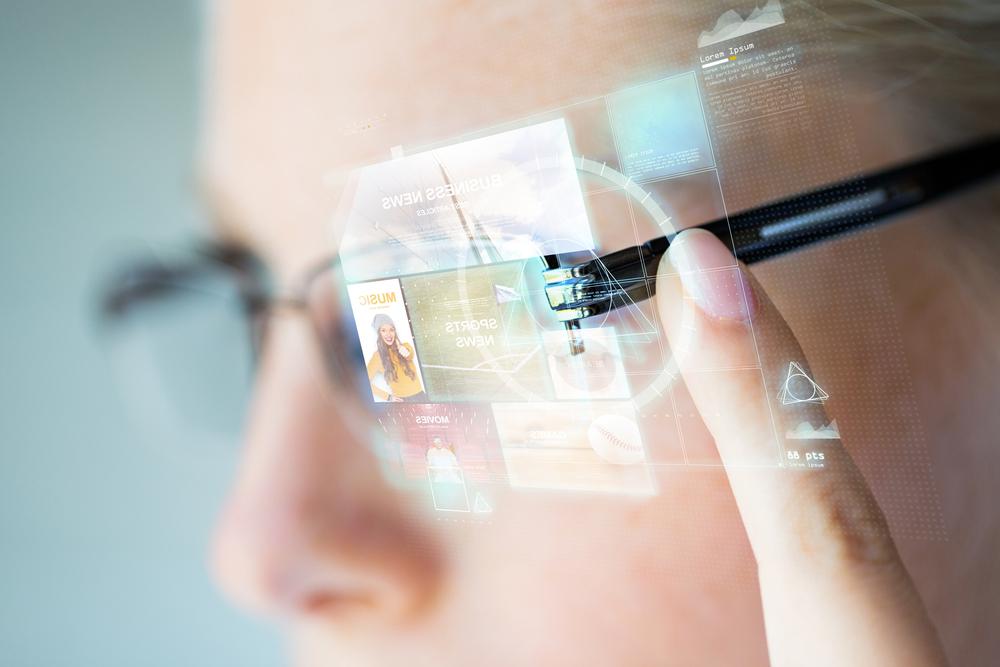
All the latest news, reviews, and guides for Windows and Xbox diehards.
You are now subscribed
Your newsletter sign-up was successful
Many tech companies are investing heavily in augmented reality (AR) and virtual reality (VR). Microsoft has Windows Mixed Reality and HoloLens. Google has Google Glass, Daydream and Cardboard. Apple has ARKit and rumored smartglasses.
Magic Leap's still on the radar, ODG's R-8 and R-9 smartglasses are due this year, and Facebook's 10-year plan for AR and VR is ambitious. Personal computing is transitioning to a more immersive, interactive and natural experience via some form of AR smartglasses.
Facebook's, Microsoft's and ODG's leaders believe smartglasses will eventually replace smartphones.
...and it's why we're focused on building the next generation mobile computing platform. All-in-one mobile devices......and it's why we're focused on building the next generation mobile computing platform. All-in-one mobile devices...— OsterhoutDesignGroup (@OsterhoutGroup) August 8, 2017August 8, 2017
This belief isn't expressed in ignorance of the social barriers smartglasses face.
Four-eyes, nerdy no more
There was once a social stigma associated with wearing glasses. The cultural norms of previous generations didn't always see prescription eyewear as stylish. The goggle-sized spectacles that dominate my teenage face in old pictures scream, "nerd." Yes, glasses and nerds were negatively intertwined.
Society has become more accepting of glasses and their wearers over time. The change in how we perceive "nerds" has contributed to that shift. The accomplishments and pop culture status of high profile "geeks" like former Microsoft CEO Bill Gates, former Apple CEO Steve Jobs and others have shifted the status of nerds from uncool to cool.

Furthermore, the proliferation of tech and mainstreaming of computer technology has made the role of the "glasses-wearing geek" an important part of helping to keep our tech-dependent world flowing.
All the latest news, reviews, and guides for Windows and Xbox diehards.
Nerds are both needed and cool, and glasses aren't a bad thing anymore. Sometimes even people who don't need glasses, want glasses.
Smart or not I ain't wearing 'em
Despite this progress, the existence of corrective eye-surgery and contact lenses is a testament that some individuals still don't like wearing glasses. And making glasses "smart" won't change that.
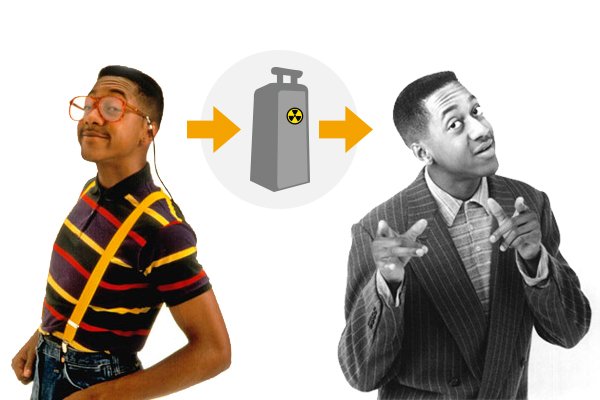
This, of course, is observing the issue from today's perspective. Societal norms change. What may be a barrier today may not be as profound a barrier by the time this technology's ready for the mass market. What is considered fashionable changes with each generation. Skinny jeans on a man would have been unappealing in the 80s for instance. Today society accepts them as stylish.
Like sunglasses, stylish non-prescription glasses may be considered chic in the future. Streamlined smartglasses would fit right into that context.
But I already wear glasses
Glasses wearers like myself have a legitimate gripe with smartglasses. Most current examples of smartglasses at this early stage won't accommodate both a person's prescription lenses and this progressive tech.
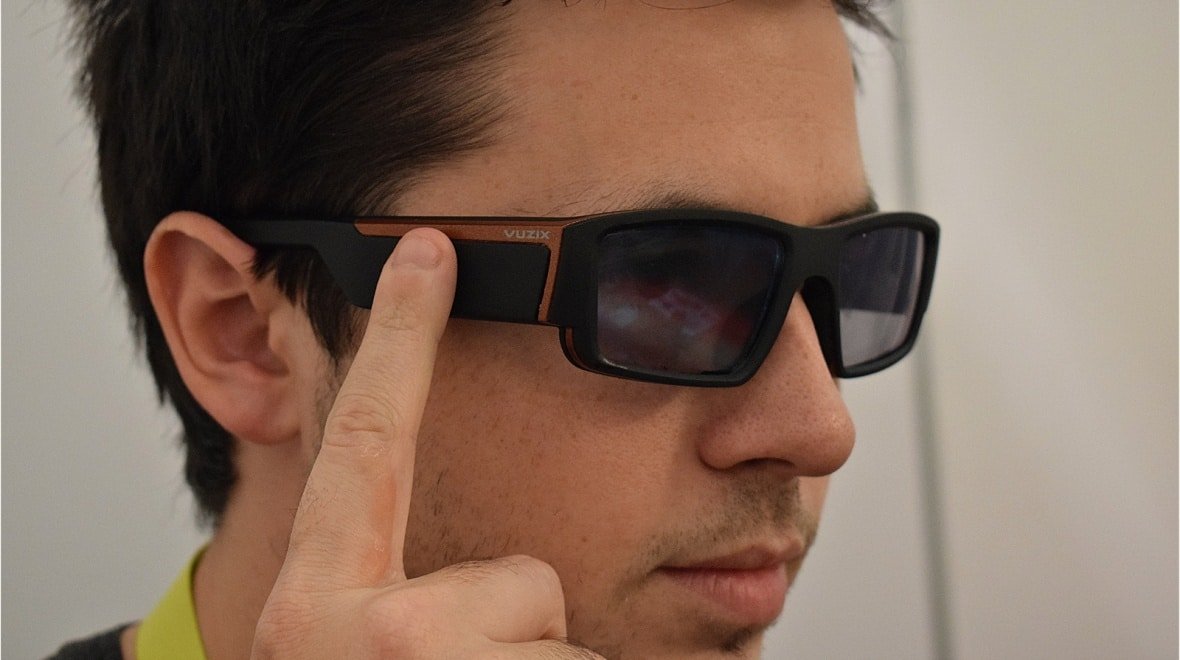
Google Glass can be clipped to existing glasses, but it's smartphone-dependent. Since it's not an all-in-one mobile computing platform like HoloLens or ODG's smartglasses, Google Glass isn't en route to replace smartphones. Still, HoloLens and other wearables aren't en route to replace prescription glasses either, although the former can be worn over existing specs in some situations. Still, that's no reason to write them off.
Declaring smartglasses a failure at this very early stage because of current barriers is neither forward-looking nor an acknowledgment of the past. People said the automobile would never replace the horse and buggy. Cars were a novelty for the rich.
The overlapping of tech and healthcare, as demonstrated by Apple, may point toward prescription smartglasses.
But with the establishment of necessary infrastructure such as the assembly line and the construction of paved roads that evolved with the automobile's adoption, cars became the dominant mode of transportation.
I believe smartglasses adoption have a long road ahead but will begin in the enterprise, followed by early adopters in the consumer space. Over time the tech will become more affordable and streamlined, and more of the population will likely embrace them. Various OEMs will likely support the industry with smartglasses spanning different price ranges and capabilities.
Over time, and as the technology continues to evolve, partnerships with eyeglass distributors may emerge as the supporting infrastructure that will address the "I-already-wear-glasses" group. Apple's partnerships with major U.S. hospitals with HealthKit have set a precedence for the overlapping of consumer technology and healthcare after all.
As this industry trend continues, smartglasses could become part of the product lines of prescription lens providers like LensCrafters or Opticare.
Big brother and everyone else is watching
The failure of the consumer-focused Google Glass in 2012 was due in part to this camera-equipped wearable's threat to privacy.
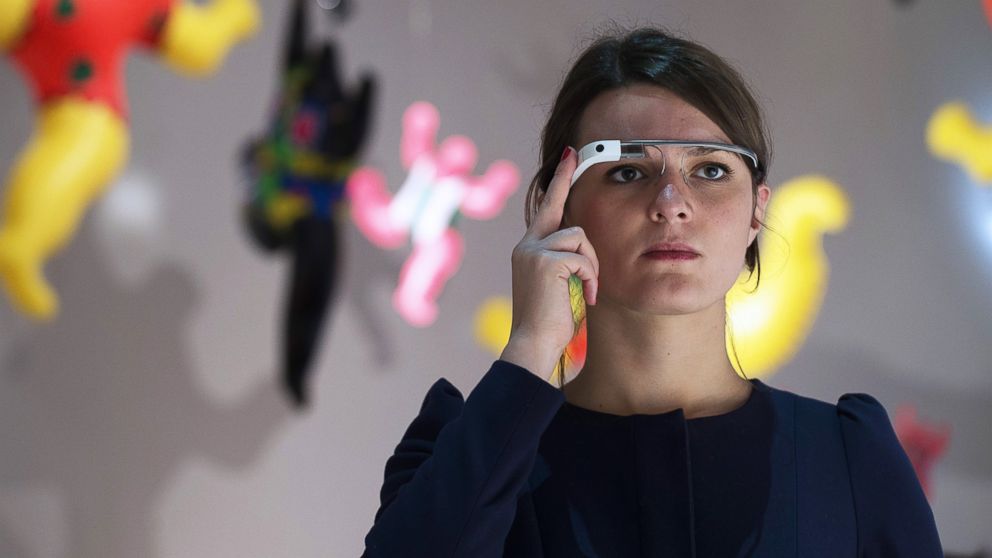
In 2017 the same concerns are being raised regarding camera-equipped smartglasses. But, what about five, ten or fifteen years from now when today's children are the world's decision-making adults? Will they care?
As smartglasses make their slow journey through the enterprise and then early adopters on their way to the broad consumer space life will go on and societal norms and concerns about privacy may change. As a forty-something-year-old man, I've witnessed cultural shifts where privacy standards have changed profoundly with the advent of reality shows and social media.
Today's youth are growing up in a world where over two billion people self-report personal demographic information, interests, family connections, hobbies, break-ups, make-ups, fights and more on Facebook. Location-tagged pictures are nonchalantly shared on Instagram and Twitter. Millions of Snapchatters live shackled to their smartphones desperate not to break a "Snapstreak".
Kids and Snapchat streaking.
Self-esteem and self-perception have become intricately intertwined with the likes, reactions, and retweets we get to our latest posts from an audience of "friends" and strangers. We put ourselves on display (via social media and video platforms) at a magnitude never before seen in human history.
Changing of the guard
Children and teenagers don't know of a world that isn't the connected virtual fishbowl it has become. They're oblivious to a reality where cameras don't stare at intimate moments and personal interactions of celebrities and regular people on reality shows.
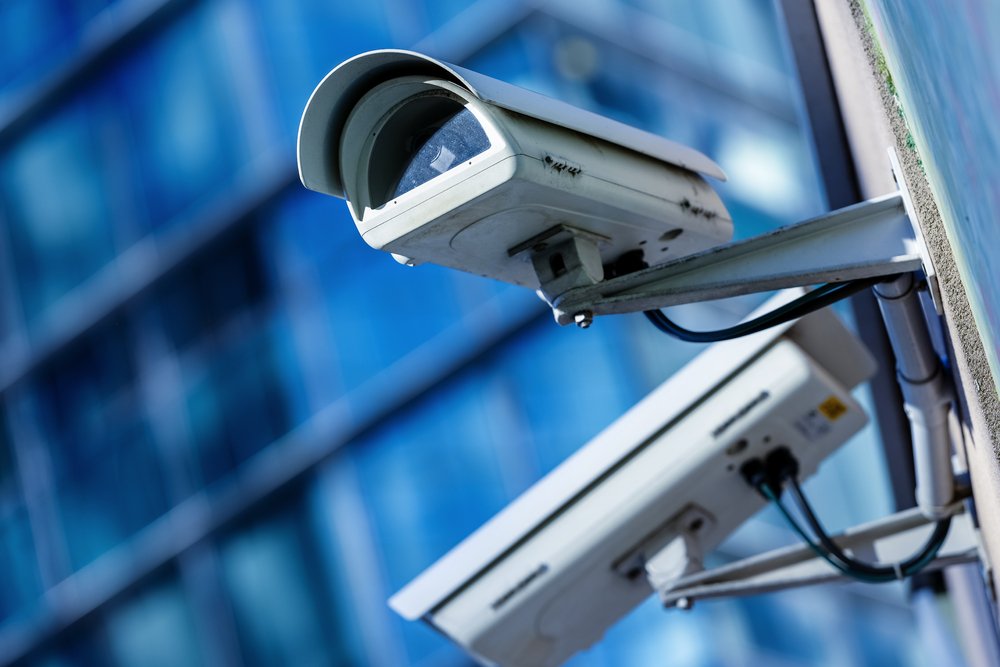
They're even encouraged to "perform" on this digital stage for a world that is dutifully watching social media and video platforms. This is the new normal.
My generation, in memory of a bygone era, will vocally decry the threat smartglasses pose to privacy. But as this younger generation who has spent their entire lives in "glass houses" comes of age, perhaps privacy won't be as much of a concern. Consider this: as recent as 2009 cell phone cameras were under fire for their threat to privacy. Now they're the most celebrated smartphone feature.
Dystopian abuse of Microsoft's AI-driven camera tech is inevitable
The adoption of smartglasses isn't just a matter of evolving technology, but also a changing society. To measure their potential for adoption based upon the current limited infrastructure and what society will accept today is short-sighted.
Considering current social trends and the proliferation of emerging tech into existing industries, smartglasses may find a place of acceptance on the faces of today's children when they're tomorrow's adults 10 or 20 years from now.
The technological progress and inspired technologies we've seen since the first iPhone in 2007, and the social impact smartphones have had, prove that a lot can change socially and technologically in just 10 years. Current concerns about smartglasses simply may not matter tomorrow.

Jason L Ward is a Former Columnist at Windows Central. He provided a unique big picture analysis of the complex world of Microsoft. Jason takes the small clues and gives you an insightful big picture perspective through storytelling that you won't find *anywhere* else. Seriously, this dude thinks outside the box. Follow him on Twitter at @JLTechWord. He's doing the "write" thing!

